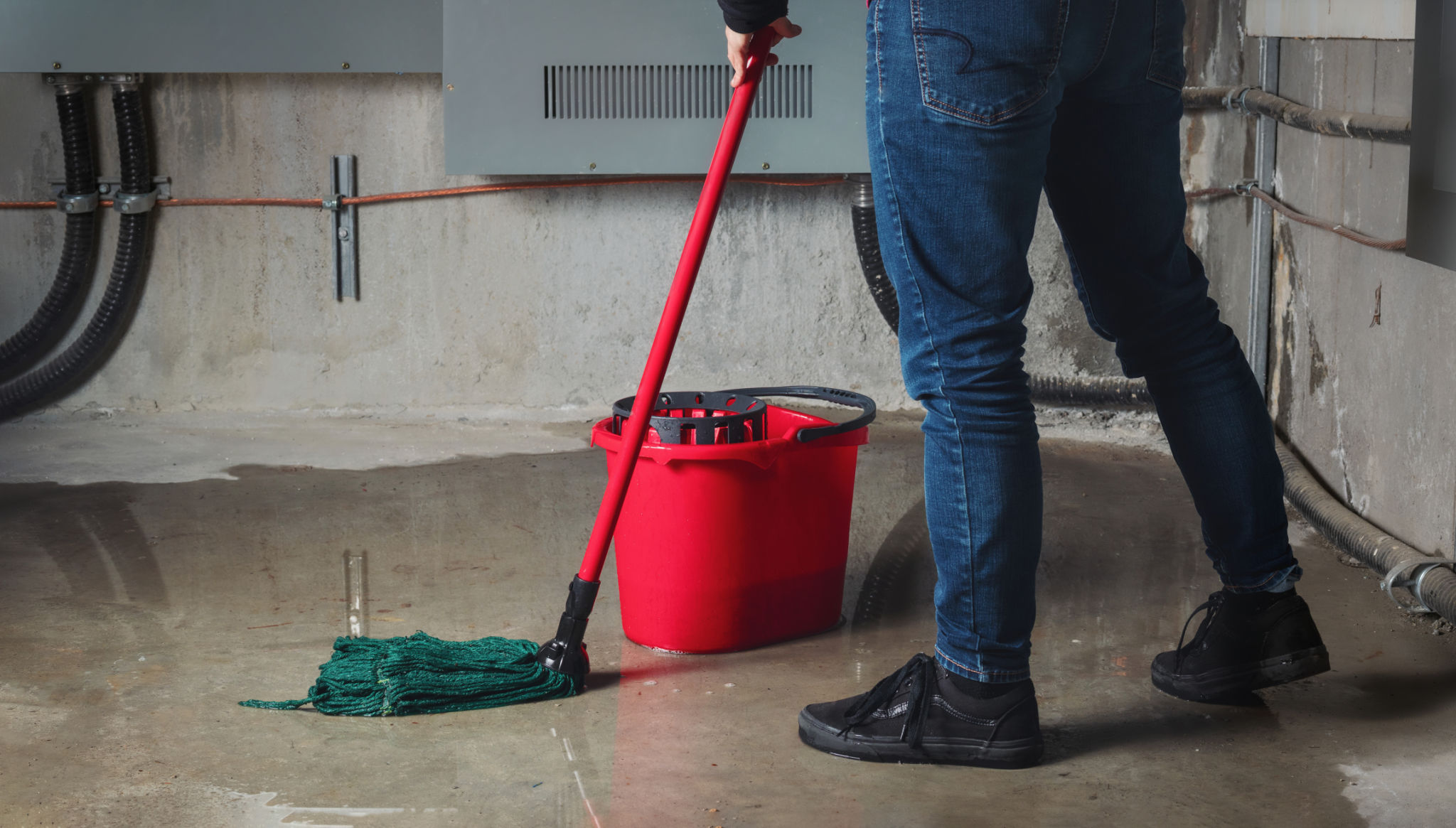The Ultimate Guide to Water Damage Restoration in Portland: What Homeowners Need to Know
Understanding Water Damage
Water damage is a common issue for homeowners in Portland, given the city's rainy climate. It can lead to significant problems if not addressed promptly and properly. Understanding the types of water damage and its causes is the first step in effective restoration.

There are three main categories of water damage: clean water, gray water, and black water. Clean water damage is typically from broken pipes or rainwater, posing little risk. Gray water originates from appliances like dishwashers, while black water is highly contaminated, often from sewage or floodwaters.
Immediate Steps to Take
Ensure Safety First
Your safety should be the top priority when dealing with water damage. Shut off electricity in affected areas to prevent electrical hazards. If the source of the water is a burst pipe or appliance, turn off the water supply immediately.
It's also essential to wear protective gear, such as gloves and boots, to avoid contact with contaminated water. If you suspect black water contamination, it's best to contact professionals right away.

Document the Damage
Before beginning any cleanup efforts, document the damage for insurance purposes. Take photos and make notes of all affected areas and belongings. This documentation will be crucial when filing an insurance claim.
The Restoration Process
Water Extraction and Drying
The first step in restoration is extracting standing water using pumps and vacuums. Once the water is removed, the drying process begins. Dehumidifiers and air movers are essential tools in this phase to prevent mold growth and further structural damage.
It's important to monitor moisture levels throughout this process to ensure all areas are thoroughly dried. This step may take several days depending on the extent of the damage.

Cleaning and Sanitizing
After drying, cleaning and sanitizing are crucial to remove any contaminants and prevent mold growth. This involves using specialized cleaning solutions and equipment to disinfect surfaces and items that came into contact with the water.
Working with Professionals
While some minor water damage can be handled by homeowners, significant incidents often require professional restoration services. Experts have the necessary tools and expertise to handle complex situations and ensure thorough restoration.
Professional services can assist with everything from initial assessment to complete restoration, including structural repairs and mold remediation. They can also help navigate insurance claims, ensuring you receive fair compensation for damages.

Preventing Future Water Damage
Once your home is restored, it's important to take steps to prevent future incidents. Regular maintenance of plumbing systems, roof inspections, and proper drainage around your property can significantly reduce risks.
Consider installing a sump pump or backflow valves if your area is prone to flooding. These preventative measures can save you time, money, and stress in the long run.